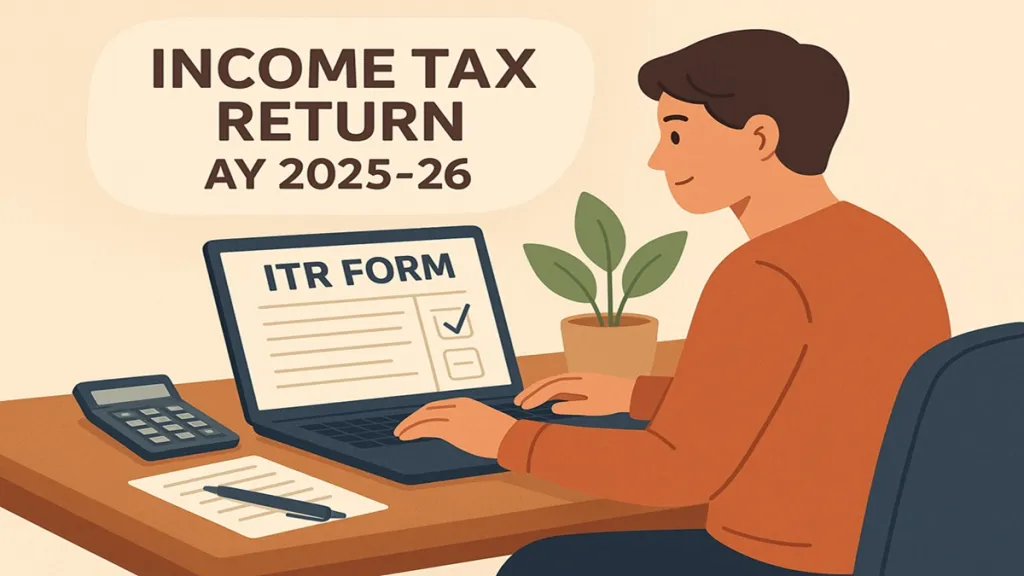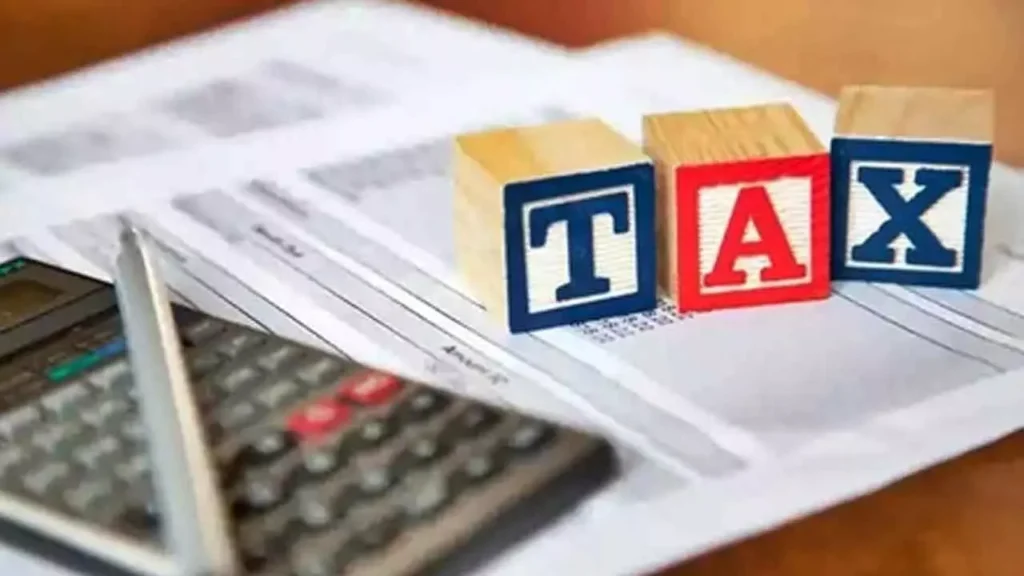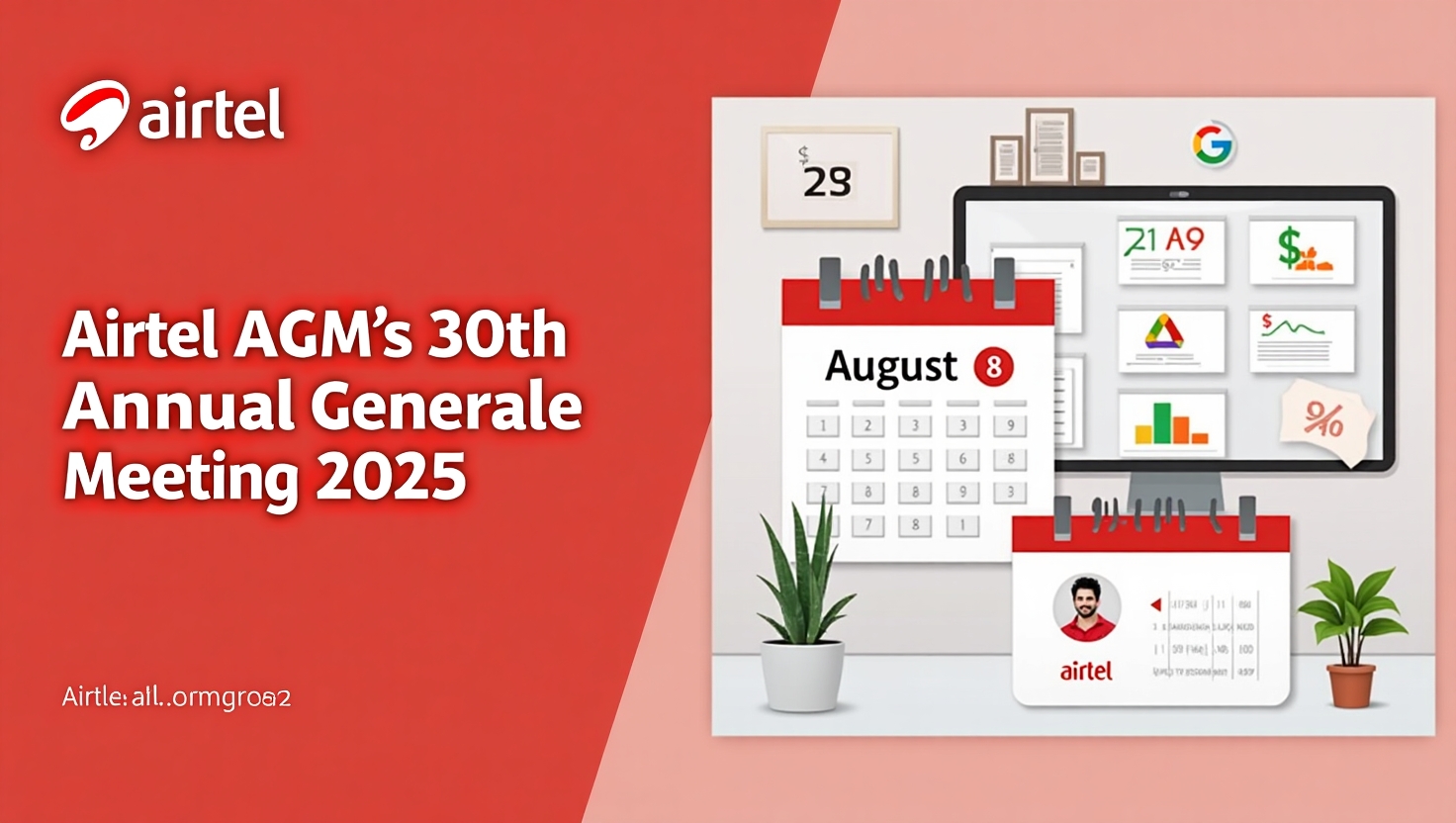Table of Contents
📢 Introduction
The Central Board of Direct Taxes (CBDT) has officially extended the Income Tax Return Filing Due Date for the Financial Year 2024-25 (Assessment Year 2025-26) from July 31, 2025, to September 15, 2025. This extension provides taxpayers with additional time to comply with their tax obligations without incurring penalties.
📅 Understanding the Extension
🔍 Reasons Behind the Extension
The CBDT’s decision to extend the Income Tax Return Filing Due Date stems from several factors:
- Delayed Release of ITR Forms and Utilities: The official notification for the ITR forms and the necessary utilities required for filing returns experienced delays, prompting the need for an extension.
- Technological Updates: The Income Tax Department is implementing system upgrades to enhance the e-filing experience, necessitating additional time for taxpayers to adapt.
- Taxpayer Convenience: The extension aims to provide relief to taxpayers, ensuring they have ample time to gather necessary documents and file accurate returns.

image credit: https://uditvani.in/
🖥️ Navigating the E-Filing Process
🔗 Accessing the Income Tax Portal
Taxpayers can file their returns through the official Income Tax e-Filing Portal. The portal offers a user-friendly interface for e-filing income tax returns.
📝 Steps for E-Filing
- Register/Login: Create an account or log in to the e-filing portal.
- Select the Appropriate ITR Form: Choose the correct form based on your income sources.
- Fill in the Details: Enter your income details, deductions, and other relevant information.
- Verify and Submit: Review the information, verify using Aadhaar OTP or other methods, and submit the return.
📌 Key Deadlines and Penalties
📆 Important Dates
- Original Due Date: July 31, 2025
- Extended Due Date: September 15, 2025
⚠️ Consequences of Missing the Deadline
Failing to file the ITR by the extended deadline can lead to:
- Late Filing Fees: Under Section 234F, a fee of up to ₹5,000 may be levied.
- Interest on Tax Due: Interest under Sections 234A, 234B, and 234C may apply for delayed payments.
- Loss of Carry Forward Benefits: Certain losses cannot be carried forward if the return is filed late.
🧾 Understanding ITR Forms
The Income Tax Department has released various ITR forms catering to different taxpayer categories:
- ITR-1 (Sahaj): For individuals with income up to ₹50 lakh from salary, one house property, and other sources.
- ITR-2: For individuals and HUFs not having income from business or profession.
- ITR-3: For individuals and HUFs having income from business or profession.
- ITR-4 (Sugam): For individuals, HUFs, and firms (other than LLP) with total income up to ₹50 lakh and having income from business and profession computed under sections 44AD, 44ADA, or 44AE.
Taxpayers should select the appropriate form based on their income sources to ensure accurate filing.

Image Credit: https://uditvani.in/
🛡️ Tips for Accurate Filing
- Gather Necessary Documents: Collect Form 16, interest certificates, investment proofs, and other relevant documents.
- Verify TDS Details: Ensure that the Tax Deducted at Source (TDS) details match with Form 26AS.
- Report All Income Sources: Disclose income from salary, house property, capital gains, and other sources.
- Claim Eligible Deductions: Utilize deductions under sections like 80C, 80D, and others to reduce taxable income.
- Double-Check Bank Details: Ensure that bank account details are accurate for refund processing.
📣 CBDT’s Role in Tax Administration
The Central Board of Direct Taxes (CBDT) is the apex body responsible for formulating policies related to direct taxes in India. By extending the Income Tax Return Filing Due Date, the CBDT aims to facilitate a smoother tax filing process and accommodate taxpayers’ needs.

Image Credit: https://www.thehansindia.com/
📊 Impact on Taxpayers
The extension of the Income Tax Return Filing Due Date provides several benefits:
- Additional Time: Taxpayers have more time to gather documents and file accurate returns.
- Reduced Errors: With extended time, the chances of errors in filing decrease.
- Avoidance of Penalties: Timely filing within the extended deadline helps avoid late fees and interest.
📌 Frequently Asked Questions (FAQs)
Q1: What is the new Income Tax Return Filing Due Date for FY 2024-25?
A1: The Income Tax Return Filing Due Date has been extended to September 15, 2025.
Q2: Can I file my ITR after the due date?
A2: Yes, but it will be considered a belated return, and penalties may apply.
Q3: Where can I file my ITR?
A3: You can file your return on the Income Tax e-Filing Portal.
Q4: What happens if I miss the extended deadline?
A4: You may face late filing fees, interest on tax due, and loss of certain benefits.
📝 Conclusion
The extension of the Income Tax Return Filing Due Date to September 15, 2025, offers taxpayers a valuable opportunity to ensure accurate and timely filing. By leveraging the additional time, gathering necessary documents, and utilizing the e-filing portal effectively, taxpayers can fulfill their obligations and avoid potential penalties. Stay informed and proactive to make the most of this extension.
Also Read:
Memorial Day 2025: What’s Open and Closed on This Important Holiday













Leave a Reply